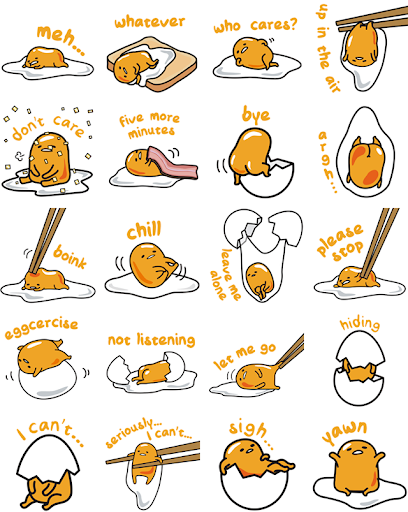MY FEELINGS
After experiencing something stressful or possibly even traumatic, it is common for adolescents to feel a pileup of emotions.
You may feel infrequent and intense emotions during and after an event, some of these include:

- Sadness
- Guilt
- Shame
- Frustration
- Fright
- Horror
- Stress
- Anxiety
- Your sense of time and space might be impacted
- You may feel embarrassed about your response to an event
- You may feel tired due to all of the sudden change, so take time to yourself to relax and readjust
These reactions are completely normal, and it is important to focus on what you can control. Allow yourself to feel your emotions without shame or embarrassment! Here some tips to help you get through:
- Express how you feel through journaling!
- If possible, confide in people that you can trust!
- Dancing can help to reduce stress!
- Exposure to the natural environment can help you recover from stress faster!
Positive Emotions have a long-lasting impact on health during and after a potentially traumatic event!

- Positive emotions include hope, gratitude, joy, contentment, acceptance, amusement, interest, and compassion
- Positive emotions can help your body to relax and can help you cope with potentially traumatic events
- Positive emotions can help open up your mind to new possible ways to cope
- Expressing positive emotions can help to improve your mood!
- Practice humor, creative exploration, taking time to relax, and optimistic thinking
